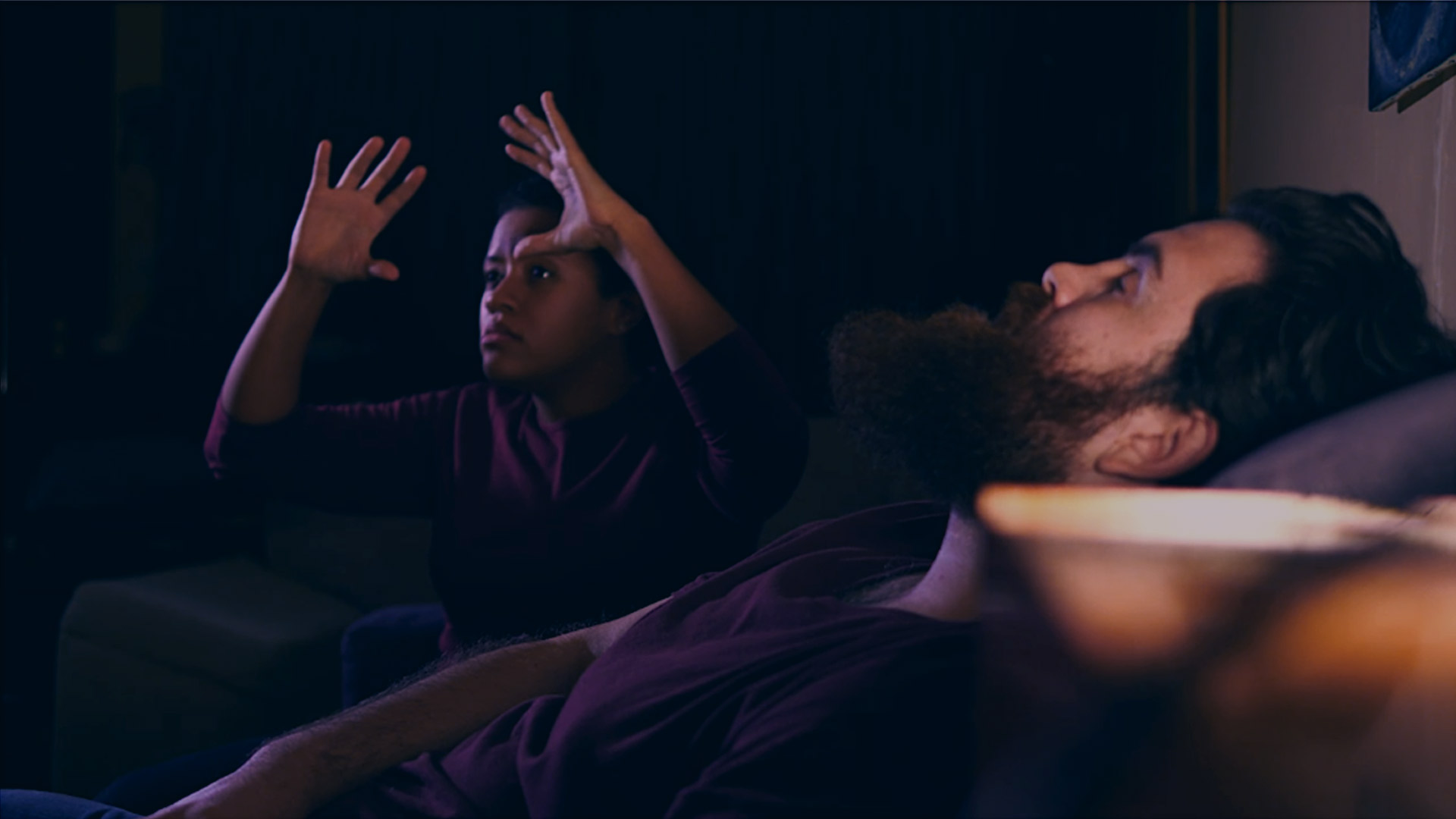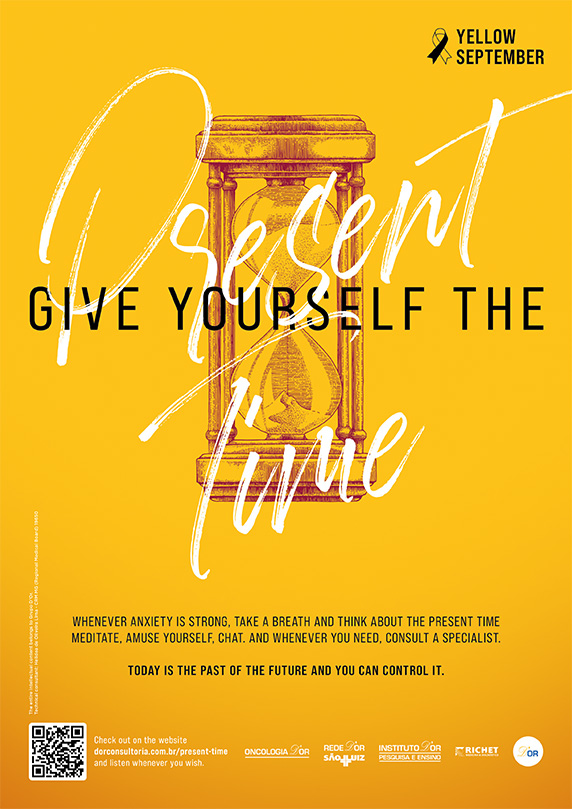

Between one nap and another, he has barely slept. He knows that there’s something wrong with him. He’s been like that since the Covid-19 pandemic started, when he had to put himself under strict social isolation, because his grandma has chronic diseases and is part of the risk group.
When he succeeds in getting out of bed, he looks in the mirror of his wardrobe and realizes that the dark circles around his eyes are more evident. He doesn’t mind. He goes into the living room, turns on the TV and watches the first news of the day.

The news continuously report that, between March and August 2020, more than 100,000 people died and 3 million were infected by the new coronavirus in Brazil.
Peter recalls that his girlfriend’s grandmother had suffered from Covid 19. He feels somewhat guilty. Did he transmit the virus on one of the rare occasions they met over the past few months? What if he also passes on to his own grandmother? He starts biting his fingernails, which have already been badly hurt for some time.
When it starts to dawn, he stops paying attention to the TV and surfs his cell phone. On Instagram, there are images of people who do not seem to care about the risks. Clustering in bars, parties in the neighborhood.
He quits the feed and takes a look at his cell phone call log. He hasn’t received any calls for days. WhatsApp is packed with fake news in the family groups.
His friends no longer get in touch since he refused to go to the parties they recently threw. Peter feels lonely. He misses the support he used to have.

When morning comes, he goes into the kitchen and makes some coffee. Not quite satisfied, he repeats the massive quantity. He starts feeling more anxious. His legs wobble. He walks around the house. He scratches his eyes really hard. He feels his stomach hurt.
Through the window, he watches the dawn and he can only think that it will be another long and discouraging day ahead of him, inside the house.
He feels anxious, nervous, without a focus. He starts having thoughts that seem to be a risk to his own life. Unfortunately, he doesn’t know how to keep them away. He knows he needs help, but he doesn’t know where to start.

Pedro is part of a group of a growing number of people who are suffering from anxiety, among other mental health conditions.
According to the scientific journal The Lancet, 73% of people in isolation have mood swings and 57% feel irritability. This means that 3 out of 4 people who are in isolation will have mood swings due to mental overload.
Google Trends surveys, which identify people’s interest according to specific topics, show a 250% increase in searches related to “what to do in an anxiety crisis”. This shows how much anxiety has affected an increasing number of people, such as with our character.

To understand what anxiety is, it is helpful to take a look at its literal meaning. According to Michaellis dictionary, the word “anxiety” comes from “yearning”, which in turn refers to longing, anguish, affliction, that is, concern for something that is about to come or for what has passed.
And, according to psychology, the best way to drive this anguish away is to anchor oneself to the present time.
This grounding helps to understand that the only thing you have control over is the current moment. By thinking about the present moment, about how you are feeling, and what you can do to change it, you will find positive attitudes towards yourself to overcome the feelings caused by anxiety.

The symptoms of anxiety can be physical or mental. It’s important to identify them when they arise:

Anyone can be anxious at some point in life. When it is chronic, psychotherapeutic follow-up with telemedicine, for example, is totally necessary.
But when it is a light symptom, due to specific scenarios, relationships, or events, it is possible to use certain tools that can help you regain control of the sensations.
People have already realized it. Not by chance, Think with Google surveys show a 400% increase in searches on yoga and meditation – tools that help focus on yourself and, thereby, re-balance your mental health.

Other resources such as music, visual arts, movies, series, books, stretching or simply going to the window for some fresh air can help you surround yourself with positive influences.
In addition, pleasant conversations with family members and friends are even more important and help lower your heart rate. With this, comes the re-balancing of mental health.
Therefore, whenever you can, pick up your phone and call someone you love, so you can simply chat. It will be a positive attitude towards yourself and others.
Watch our campaign video and learn how positive attitudes can change your everyday life:

Besides the positive impact tools available to you at home, you can also take care of your mental health with D’Or Consultoria and Rede D’Or São Luiz solutions.
For your business, for example, D’Or Consultoria has launched the C@re package, which brings together a set of intelligent solutions to give 360o support to collaborators anytime and anywhere. Among these services, there is Telepsychology, with professionals totally dedicated to offering emergency assistance remotely.
And with Rede D’Or São Luiz, you also have access to the telemedicine service, which allows you to schedule medical appointments without having to leave home. With this, you keep yourself totally safe and healthy at home.

Understanding what anxiety is and how to control it can change your life. Surround yourself with everything positive and do good for yourself.
Take a moment to download the poster, access the campaign song and keep relying on us to help you in your daily life. When in doubt, remember: you don’t beat time, you beat the present time.





